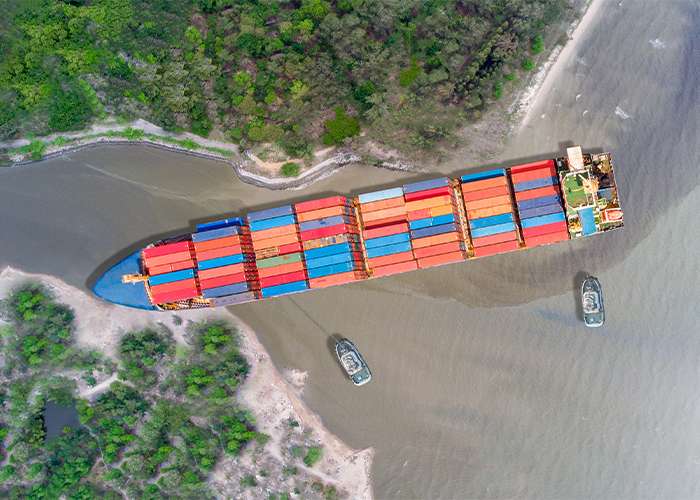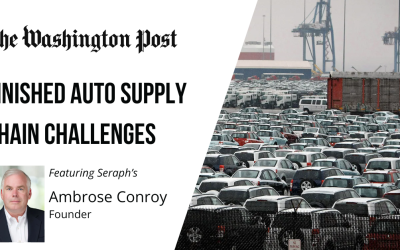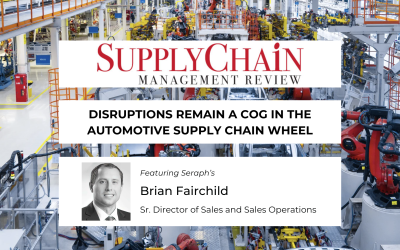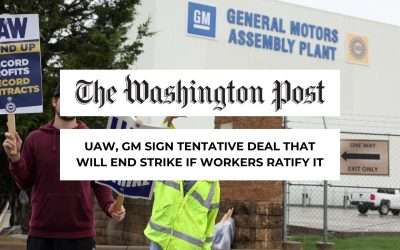Global shipping vessels are larger and more automated than ever before, with the goal of improving efficiency and reducing operating costs within an increasingly complex industry. However, these behemoth “skeleton ships” create a new slew of issues for the growing global shipping network.
The weeklong incident in which the Ever-Given ran aground in the Suez Canal and disrupted one of the most critical shipping routes is one such example of a catastrophe that no one predicted or bothered prepared for. This calls into question the viability of traditional supply chain models across all industries.
The ripple effect of these events and their increasing frequency is a sign that the industry is poised for systemic change. The extensive fiscal impact across the supply chain has left manufacturers, producers and suppliers scrambling to recover their losses.
Business Insider asked Seraph founder and CEO Ambrose Conroy to weigh in the potential risks that the increasing size and automation of “super-vessels” like the Ever-Given pose to the Global supply Chain:
The risk of a situation similar to the Ever-Given’s crash in one of those waterways was “unlikely but high impact,” said Ambrose Conroy, founder and CEO of Seraph, a consulting and turnaround firm… Ports in the future may also have trouble handling larger ships, but that’s an issue that can be fixed with proper planning, Conroy said. Instead, it’s the “black swan events” like the Ever Given that the industry needs to look out for.
Seraph routinely advises our clients on supply chain strategy and risk mitigation to protect their bottom lines and works with global executives to identify and stabilize operational faults.
Read the rest of the article on the Business Insider website.






